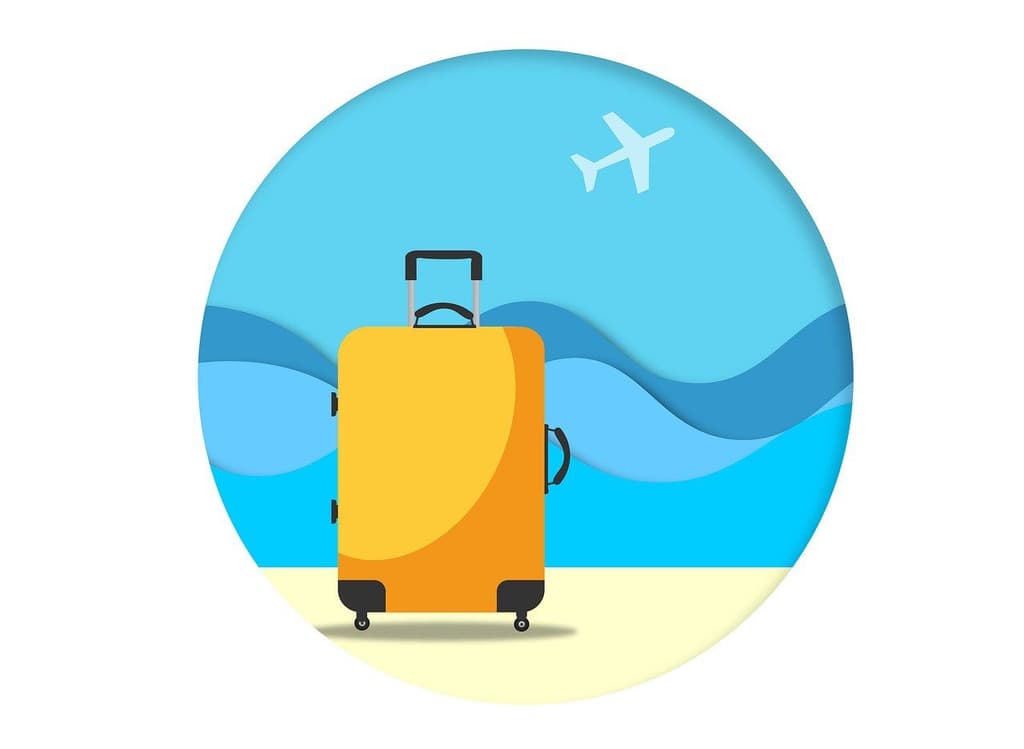Wednesday, July 2, 2025
Will AI Book Your Next Guest?


What the Rise of AI Travel Planning Means for Independent Lodging Properties
Artificial Intelligence is more than just a buzzword in the travel industry - it’s becoming the travel agent.
Large language models (LLMs) like ChatGPT and Gemini are increasingly being used to plan vacations, generate complete itineraries, and even guide users through the booking process. This shift means your property’s online presence isn’t just about appealing to potential guests, it’s about being understood and accessed by the AI doing the planning.
So how do you make sure your property shows up (and stands out) in the age of AI-organized travel? Let’s break it down.
How Travel Planning is Changing
More travelers are turning to AI tools to help plan their trips by asking things like, “Plan me a long weekend in Vermont with hikes, breweries, and a cool place to stay.” And the answers they get aren’t just lists of search results. They’re full itineraries.
A recent article from The Economist notes that AI-generated vacation plans are becoming “slicker,” with real-time connections to travel platforms and booking tools. Travel giants are racing to integrate with these AI systems, aiming to make booking as easy as chatting.
In other words: AI tools are learning how to find, compare, and book lodging, and they’re pulling from data across the web to decide what to recommend.

It’s Not Just About Google Anymore
LLMs don’t “search” the way traditional users do. Instead of starting with a query and clicking through search results, they use a process called “query fan-out”, which is gathering data from a wide variety of sources and synthesizing a helpful response.
This means the AI might be pulling from:
- Your Google Business Profile
- Online travel directories and map results
- Guest reviews
- Structured content on your website
If that data isn’t clear, consistent, and easy for machines to understand, your property might be left out of the recommendation entirely.
Tip: Schema markup (a type of structured data added to your website) can help AIs recognize what kind of property you are, what amenities you offer, and how to book.

Why "Bookability" Matters More Than Ever
As AI tools begin offering booking functionality, your property’s ability to be booked directly or through trusted platforms becomes a key factor in whether or not you’re recommended.
Here is how that works in practice:
- If your property is connected to Google’s booking tools, and your availability and rates are easily accessible, the AI can surface you as a bookable option.
- If your booking engine supports structured data and links clearly from your website and profiles, AI can recognize that and guide users to book.
- If your information is hidden, inconsistent, or incomplete, you risk being left out, not by a human, but by the AI assistant making the plan.
You don’t need to partner with AI companies to be included; you just need to make sure your booking links and business info are accessible, accurate, and connected to the right tools.
Don't Forget the Human Touch
AI is efficient, but it can’t replicate the personal connection that makes independent lodging so special. Guests still want authenticity, and AI tools love rich, well-written content.
To give your property the best chance of being featured in AI-generated itineraries:
- Keep your Google Business Profile updated.
- Use descriptive, guest-focused language on your website
- Encourage detailed, recent reviews from happy guests
- Share updates and personality-driven content regularly
The more unique and content-rich your online presence, the more likely AI is to find and recommend your property.

4 Steps to Prepare for AI Travel Planning
Here’s what you can do right now to stay ahead:
- Ensure your property is listed in platforms AI uses, especially Google.
- Keep your website and booking engine clean, structured, and connected, especially on mobile.
- Update your online profiles consistently, including photos, descriptions, and amenities.
- Add personality and story to your content. Your charm is your competitive edge.

Final Thoughts
AI isn’t just helping travelers choose where to go - it’s starting to choose where they stay. That makes your digital presence more important than ever, especially for independent lodging properties that want to remain visible and bookable in a fast-changing landscape.
If the bots are building the itinerary, make sure your inn, B&B, or vacation rental is one they can find, understand, and book with confidence.